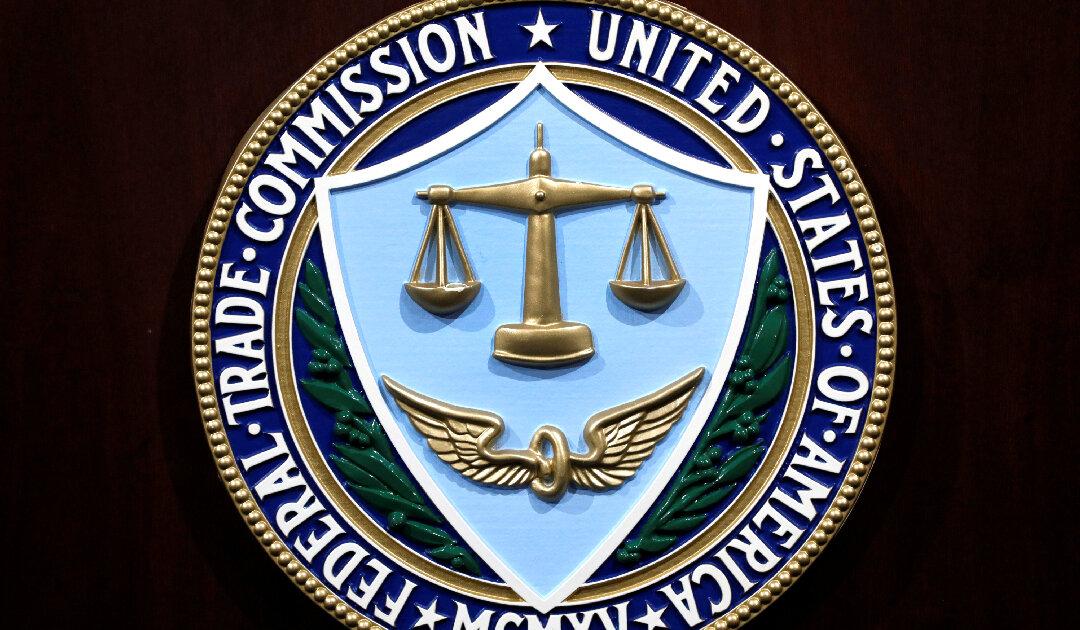A House committee on Thursday voted in favor of a bill that would give the federal consumer protection agency more authority to seek monetary relief from companies on behalf of wronged consumers, with committee Republicans and the U.S. Chamber of Commerce voicing their opposition, arguing the legislation lacks guardrails and gives the Federal Trade Commission (FTC) too much power.
The House Committee on Energy and Commerce “favorably reported” an amended version of HR 2668, or the Consumer Protection and Recovery Act, by a partisan vote of 30–22, with the bill now advancing to the House for a vote before potentially becoming law.





